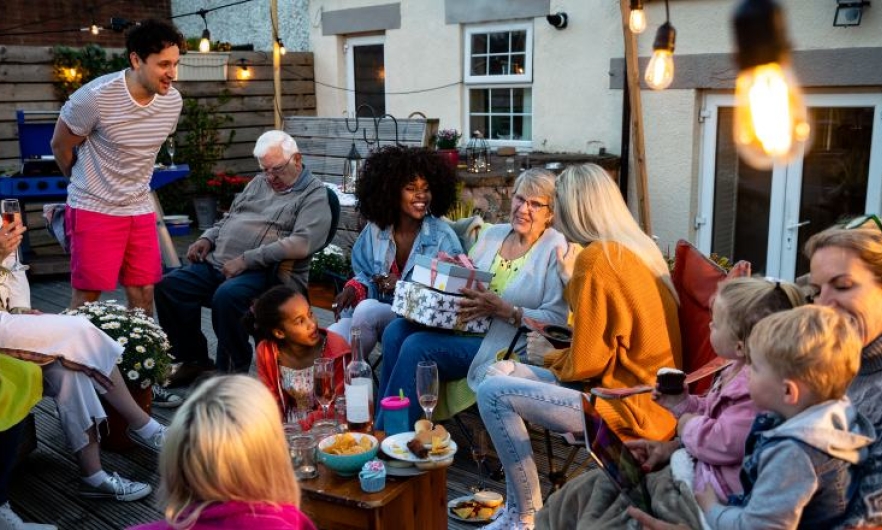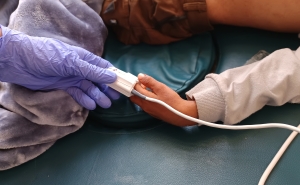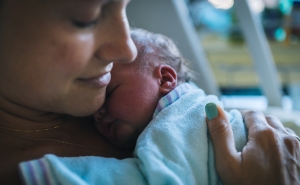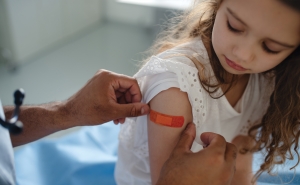Should I Ask My Friends If They Are Vaccinated?
COVID-19 vaccine etiquette and considerations for all the people in your life.

If you’re fully vaccinated, almost all interactions are quite low risk for you. But you might still want to know about others’ vaccination status to help think through how to make activities as low risk as possible for everyone.
This is particularly true if you interact regularly with high-risk individuals or people who haven’t been vaccinated yet, such as children under 12 years old.
You can get practice and gain comfort in asking friends about their vaccination status before interacting closely with them. Below are a few specific examples of navigating some tricky scenarios.
If you learn that someone isn’t vaccinated, when appropriate—with close friends and family, for example—consider asking them why not and see if you can help address their concerns. (See How Can I Talk to My Friends and Family About Vaccines)
Let us know what questions you’re hearing: publichealthquestion@jhu.edu
SCENARIO: I am fully vaccinated. How can I ask my friends if they are also vaccinated before we hang out? Should it change our plans if someone is not?
Absolutely! If you are hanging out with fully vaccinated friends, you can enjoy each other’s company without masks and social distancing.
If there are unvaccinated friends in the mix, you may wish to enjoy your gathering outside or in spaces where masking and social distancing is more comfortable. Asking your friends about their vaccination status is as simple as “I have been vaccinated for COVID-19. Have you?” If they don’t wish to answer, you should engage with the person as if they are unvaccinated.
SCENARIO: My dentist told me that she’s not going to get vaccinated. Should I find another provider?
It is perfectly appropriate to seek out service providers who you know are vaccinated.
SCENARIO: My friend told me that asking someone about their vaccination status is a HIPAA violation. Is that true?
It is not a violation of HIPAA to ask someone about their vaccination status. The Health Insurance Portability and Accountability Act (HIPAA) restricts doctors and insurance companies from disclosing information about their patients.
SCENARIO: My fiance and I are finally rescheduling our postponed wedding for later this summer. Is it ok to ask that guests who plan to attend get vaccinated beforehand so everyone can be safe? Should we require proof of some kind?
Encouraging guests to be vaccinated to attend your wedding is appropriate. You may even wish to gather information on an individual’s vaccination status on the RSVP card.
But people may be dishonest about their vaccination status, proof may be difficult for vaccinated people to provide, and there may be people who are vaccinated but still practice masking and social distancing as extra layers of protection for themselves (particularly if they are immune compromised) or others in their household. You might want to also consider how or whether knowing that information would or would not change your plans.
Unless you have a small gathering and you are confident everyone is vaccinated, remind your guests of the CDC guidance for unvaccinated people and provide masks and space for guests to socially distance themselves.
SCENARIO: I’m newly back into the dating scene and eager to meet people. How can I ask them about their vaccination status before we hang out?
Communication is key to relationships. Asking about vaccination status can help build communication and is important for understanding how to follow CDC guidelines.
Read more about Dating in the Time of COVID-19
SCENARIO: My 12- and 14-year-old kids are newly fully vaccinated and want to hang out with their friends, but there are some kids under 12 who haven’t been vaccinated and others whose status we don’t know. How can we keep everyone safe?
A general rule is that if you’re going to be gathering with people from multiple households who aren’t vaccinated—or if you don’t know everyone’s vaccination status—look for lower-risk activities:
- Stay outdoors
- Keep masks on while indoors
- Keep the group small
When considering gatherings, keep in mind local COVID-19 spread and protection in your community. The number of cases per 100,000 population and the proportion of people vaccinated can help guide your decision-making. If COVID-19 rates are high and the gathering is large and among people whose vaccination status is largely unknown, or if there are going to be lots of children, consider more safety measures or even postponing the event for a later time.
This guidance could also apply to families who each have children older than 12 and children younger than 12 under the same roof who want to socialize with other families.
Keri Althoff, PhD ’08, MPH ’05, is an associate professor in Epidemiology with a joint appointment at the School of Medicine. She is the Provost’s Fellow for Research Communication at Johns Hopkins.
Elizabeth Stuart, PhD, AM, is the associate dean for Education at the Bloomberg School and a professor in Mental Health, Biostatistics, and Health Policy and Management. She was recently appointed as a Bloomberg Professor of American Health.





